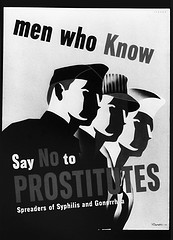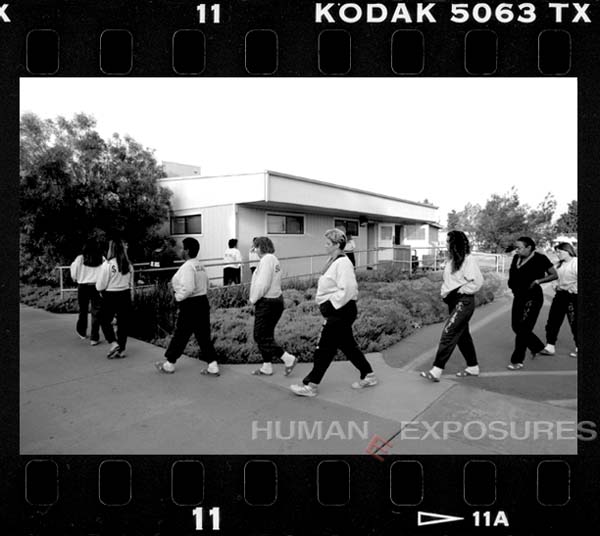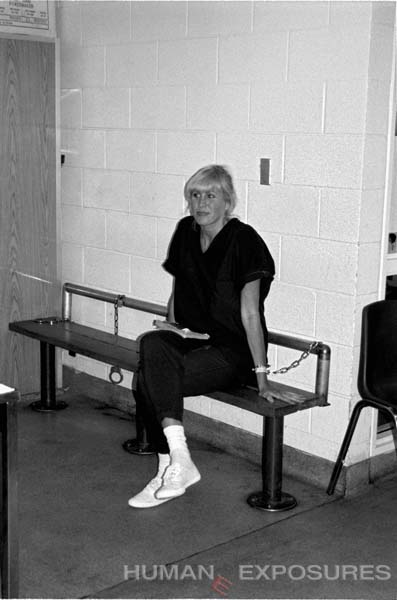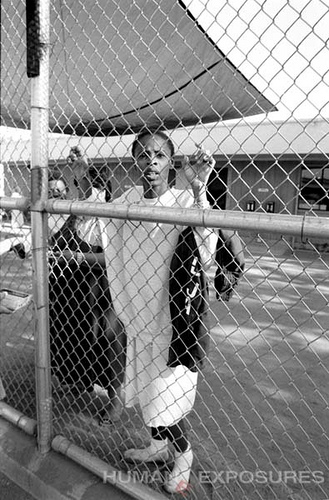 The Newburyport Documentary Film Festival, now in its third year, presents 20 films. Three judges will rate the films in a number of juried categories, and, in addition, an audience-adjudicated award will also be given.
The Newburyport Documentary Film Festival, now in its third year, presents 20 films. Three judges will rate the films in a number of juried categories, and, in addition, an audience-adjudicated award will also be given.
This year, one of those films will be It’s More Expensive To Do Nothing from our very own Humane Exposures Films. The film is directed by the award-winning Alan Swyer, who is known for work ranging from The Buddy Holly Story to the recent documentaries such as Béisbol: Yesterday, Today and Tomorrow, which he has worked on with Andy Garcia.
It’s More Expensive To Do Nothing is executive-produced by Susan Madden Lankford, and is rooted in her work on downTown: USA and Maggots in my Sweet Potatoes. Here’s a sample of what the film has to offer: This is the trailer from the Humane Exposures Films YouTube Channel:
In his advance praise for It’s More Expensive To Do Nothing, Dr. Bruce Perry sums up the film with an almost Twitter-like brevity:
‘It makes long term economic sense to try and take care of these people in a humane way, and help them heal.’ — Bruce Perry, MD, Ph.D., Senior Fellow, Child Trauma Academy
Experts agree that the film’s portrayal of our criminal justice system points to the need for and to the effectiveness of rehabilitation-oriented approaches over simple incarceration, especially when the critical aspect of recidivism is taken into full account:
‘In examining the indisputably recidivistic nature inherent in the contemporary practice focusing on the institutionalization of criminal offenders and comparing it with the documented potential found in numerous remedial programs that return nonviolent past offenders to society as self-sufficient and productive citizens, the documentary film ‘It’s More Expensive to Do Nothing’ makes a compelling case that more than justifies its factual title.’ — John Dean, author and former White House counsel
You can see It’s More Expensive To Do Nothing, as well as a host of other important works in the documentary genre, on September 24 through 26 in the historic downtown Newburyport, MA. The two venues, The Screening Room and The Firehouse Center for the Arts, will be the site of the film screenings during the film fest.
If you find yourself in MA on those dates, come on down and check out the film! It’s More Expensive To Do Nothing will be screened on Sunday, September 26, at 2:00 PM at The Screening Room. If you don’t want to take a chance on missing it, you can purchase tickets in advance.
Source: “Films Selected This Year,” Newburyport Documentary Film Festival, 09/10
Logo of The Newburyport Documentary Film Festival is used under Fair Use: Reporting.
Visit Us on Facebook: Humane Exposures Publishing , downTownUSA, Maggots in My Sweet Potatoes, It’s More Expensive To Do Nothing


 It is no secret that the American prison system is rife with problems. It is the personal stories of women in our penal system that led our own Susan Madden Lankford to create
It is no secret that the American prison system is rife with problems. It is the personal stories of women in our penal system that led our own Susan Madden Lankford to create  The issue of imprisoned women is the elephant in the room. A quick Google search reveals that it is a well-known problem, and one that is getting steadily worse. There’s even an article about alternatives to incarceration for women on the popular “how-to” website eHow.
The issue of imprisoned women is the elephant in the room. A quick Google search reveals that it is a well-known problem, and one that is getting steadily worse. There’s even an article about alternatives to incarceration for women on the popular “how-to” website eHow. The situation of women in prison is well known to us at HUMAN
The situation of women in prison is well known to us at HUMAN







